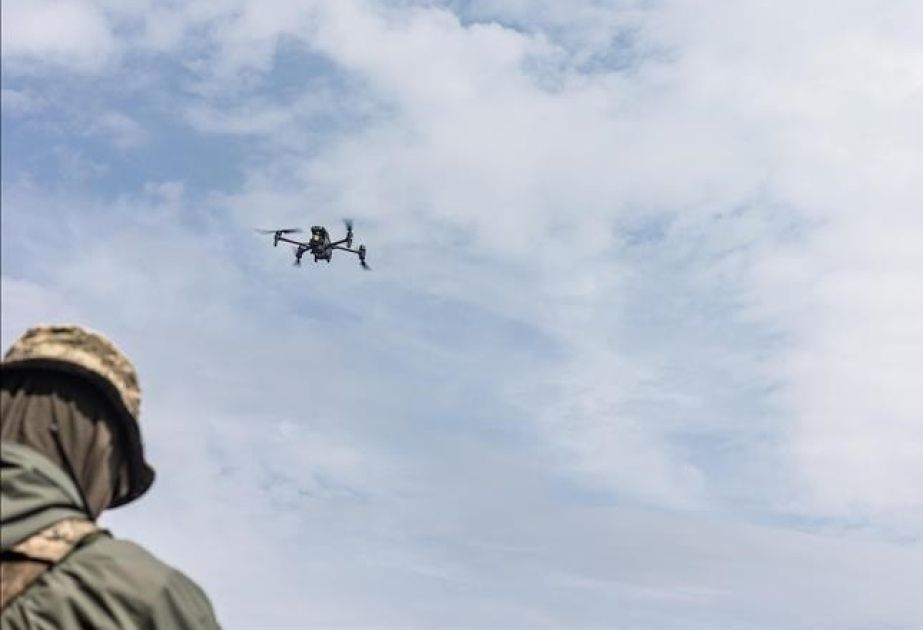By Alimat Aliyeva
South Korea announced on Thursday that it had successfully
tested a new radar system capable of detecting drones from several
kilometers away, marking a significant step forward in its defense
capabilities, Azernews reports.
The Agency for Defense Development (ADD) revealed that the test
involved AI-powered photonic radar technology, which can identify
small, low-flying drones in real-world, open-air conditions. Unlike
conventional radar, photonic radar uses light-based signal
processing, enabling faster and more accurate detection — even in
cluttered environments.
Although the agency did not disclose specific details — such as
the exact detection range or the size of the drones involved — due
to military confidentiality, officials confirmed the system’s
effectiveness and potential for deployment.
Since 2022, South Korea has been investing heavily in
next-generation radar systems to address growing threats from small
and stealthy unmanned aerial vehicles (UAVs), many of which are too
small to be detected by traditional optical or electromagnetic
sensors.
“This new radar will significantly enhance our early warning
capabilities and strengthen military intelligence,” the ADD said in
a statement.
Unlike traditional radar, which relies on radio waves, photonic
radar uses laser-based components to transmit and receive signals.
This not only improves precision and range, but also makes the
system less vulnerable to jamming or interference — a crucial
advantage on modern battlefields.
South Korea’s push for advanced radar technologies follows
several border incidents involving North Korean drones, including a
high-profile 2022 event where multiple UAVs penetrated South Korean
airspace, triggering a nationwide security review.
The integration of AI with photonic radar allows the system to
learn and adapt in real time, distinguishing between birds,
civilian drones, and military threats — a key requirement in
densely populated or contested regions.
As drone technology continues to evolve and proliferate,
AI-powered surveillance and detection systems like this may become
a standard feature of national defense strategies around the
world.
